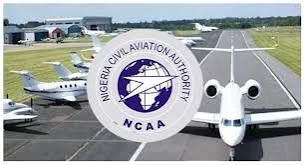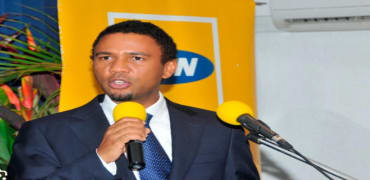NCAA Explains Different Responses to Ibom Air and Kwam 1 Incidents
NCAA Explains Different Responses to Ibom Air and Kwam 1 Incidents
The Nigerian Civil Aviation Authority (NCAA) has shed light on why two recent, high-profile incidents involving airline passengers were met with markedly different responses, underscoring the role of airline decisions in shaping legal outcomes.
Speaking on Channels Television’s The Morning Brief, NCAA Director of Public Affairs and Consumer Protection, Mike Achimugu, said the agency’s hands were tied in the case involving Fuji musician Wasiu Ayinde, popularly known as K1 De Ultimate, because the affected carrier, ValueJet, declined to press charges after a dispute allegedly disrupted a flight.
“In the Kwam 1 incident, the airline did not activate its right to take the passenger to court,” Achimugu explained. “We petitioned the relevant authorities to prosecute and advised the Airline Operators of Nigeria (AON) to consider banning the passenger from boarding flights operated by member airlines.”
By contrast, Ibom Air’s swift legal action in a separate case saw passenger Emmanson Comfort, accused of physically assaulting a crew member during boarding, arrested, charged, and remanded on the same day. Achimugu said this proactive stance allowed the case to proceed without delay, demonstrating how an airline’s decision can determine the pace and visibility of enforcement.
The NCAA spokesperson noted that both incidents have reignited debate over passenger conduct, staff professionalism, and enforcement consistency in Nigeria’s aviation sector. “There’s enough blame to go around — FAAN, AVSEC, cabin crew, passengers,” he said, stressing that aviation safety and decorum require all stakeholders to uphold their responsibilities.
Industry observers say the contrasting outcomes also reflect broader gaps in Nigeria’s air travel accountability framework. While the NCAA has powers to investigate and sanction, criminal prosecution often hinges on whether airlines themselves initiate or support court proceedings. This has led to calls for stronger, uniform protocols that ensure disruptive or violent behavior is consistently addressed, regardless of an airline’s immediate position.
The incidents come amid rising concerns over airport security, passenger aggression, and strained front-line staff — trends that experts warn could erode safety culture if left unchecked.
By Haruna Yakubu Haruna

















